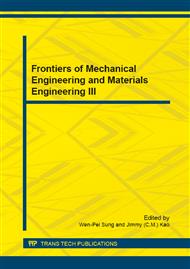p.746
p.752
p.757
p.761
p.765
p.769
p.774
p.778
p.781
Study on Application of Intelligent Adaptive Genetic Algorithm of Electric Vehicle Charging System Based on
Abstract:
Load with uncertain factors in time and space charge electric cars, electric vehicle charging mass disorder will lead to peak distribution network load exceeds the limit device allowed, and will bring the serious influence to power grid operation. By smoothing the distribution network daily load curve as the optimization objective, is established considering electric vehicle intelligent electric vehicle charging demand constraint of each user charge control strategy to solve the model, and use adaptive genetic algorithm to solve. Through the IEE33 node distribution network system as an example, the use of car grid Monte Carlo stochastic simulation scene based on the comparative study of the disorder, charging and intelligent charging two kinds of control mode, the influence factors of electric vehicle load on the distribution network, thus validating the use of the proposed method is effectiveness and reliability to achieve smooth load.
Info:
Periodical:
Pages:
765-768
Citation:
Online since:
January 2015
Authors:
Price:
Сopyright:
© 2015 Trans Tech Publications Ltd. All Rights Reserved
Share:
Citation:


